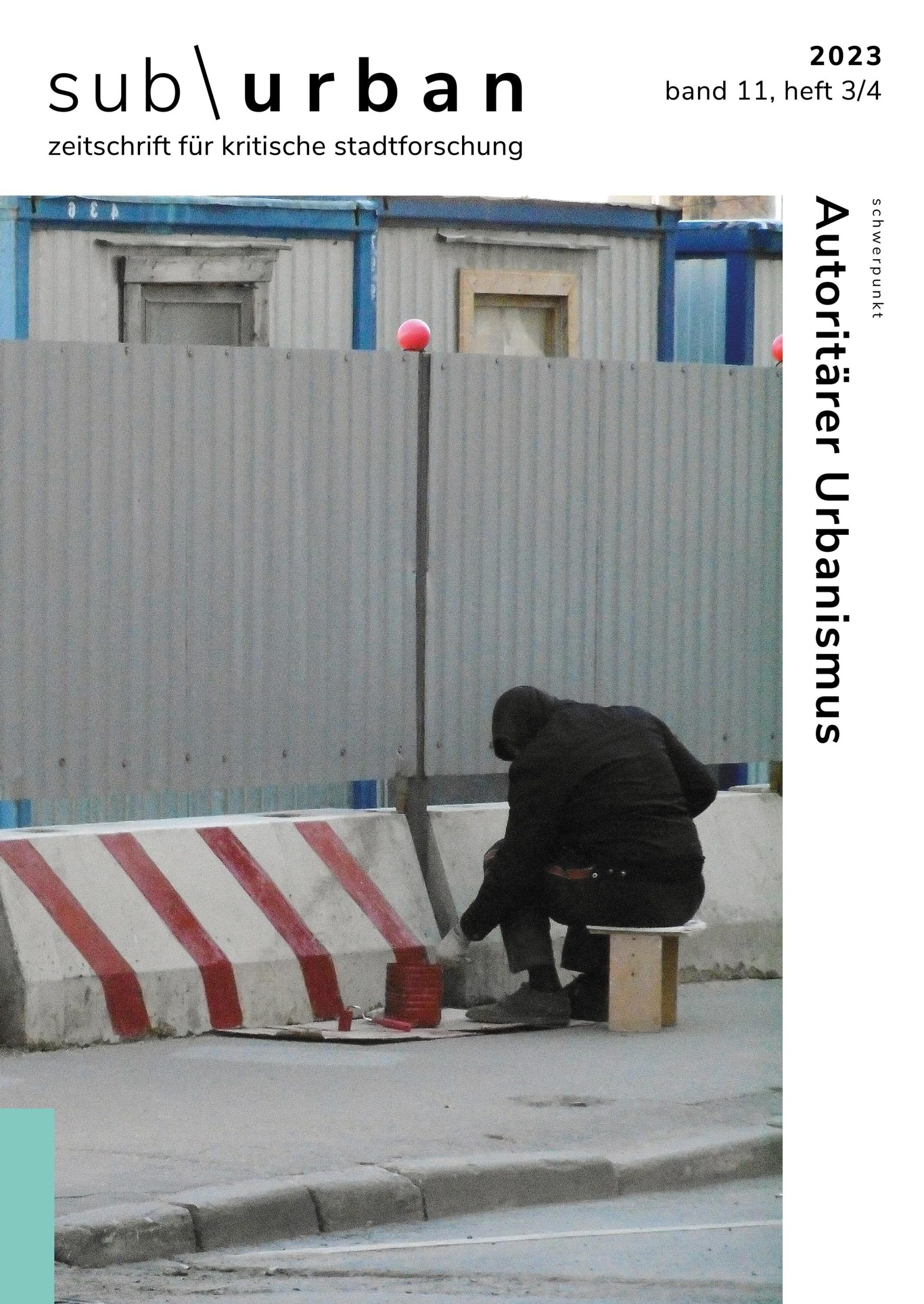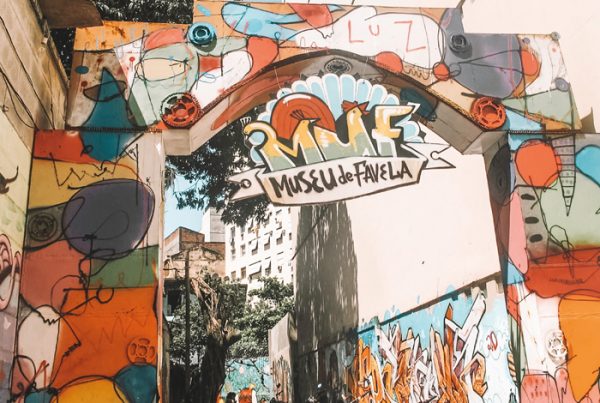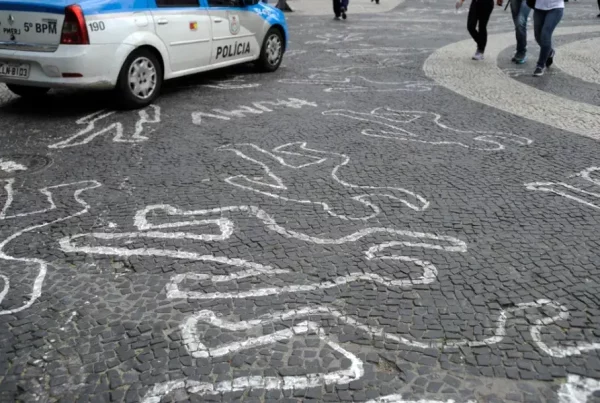Os pesquisadores do Núcleo Rio de Janeiro, Orlando Santos Junior, Filipe Souza Corrêa e Juciano Rodrigues, publicaram recentemente o artigo “Conservative turn, milícias, and elections: reflections on the case of Brazil” na revista sub\urban, periódico científico alemão sobre pesquisa urbana crítica.
Na edição temática “Autoritärer Urbanismus” (Urbanismo Autoritário), a revista reuniu artigos que tratam das dinâmicas e os processos urbanos são autoritários, como o autoritarismo se manifesta e se materializa nas cidades, o que significa resistência no contexto do urbanismo autoritário.

A partir do caso da Região Metropolitana do Rio de Janeiro, os pesquisadores analisam a relação entre o surgimento de grupos conservadores e de extrema direita, a expansão das milícias na cidade do Rio de Janeiro e sua influência no comportamento eleitoral em bairros de baixa renda e dominados por milícias nas eleições entre 2018 e 2022.
O artigo se baseia em pesquisa desenvolvida no âmbito da Rede Ilegalismos e a Produção da Cidade, criada com o objetivo de refletir e promover o debate público sobre a estrutura e os impactos crescentes de grupos armados que operam sob a lógica dos ilegalismos em território fluminense e elaborar proposições para o seu enfrentamento.
A seguir, confira o resumo (em inglês):
Brazil is currently experiencing a conservative turn, which has found expression not only in Jair Bolsonaro’s presidency (2019–2022) but also in the phenomenon of so-called milícias expanding in low-income neighborhoods as well as in the emergence of anti-social movements that identify themselves as right-wing and conservative. In this context, the paper uses the example of the Rio de Janeiro Metropolitan Region to discuss the relationship between (i) the emergence of conservative and far-right groups; (ii) the expansion of milícias in the city of Rio de Janeiro; and (iii) their influence on voting behavior in low-income, milícia-dominated neighborhoods in elections between 2018 and 2022. The forms of territorial control practiced by milícias, including information networks, disciplinary social control, mediation between individual and collective interests, and electoral control, have not yet received sufficient attention from authorities or in social analysis and research. A number of political organizations and alternative media are responsible for spreading antidemocratic values and practices. In doing so, they seek to legitimize the undercurrent conservative turn in the country and to weaken the links between urban experience and democracy.
Keywords: armed groups, electoral behavior, extreme right, democracy, milícias, conservative turn, Brazil.
Acesse o artigo completo (em alemão), CLIQUE AQUI.
Veja também:














